In this seminar, Associate Professor Jodi Oakman the science of managing complex systems, and how this relates to MSDs. She also discusses her research into a participative hazard identification and risk management (APHIRM) toolkit, being developed Latrobe University.
In this seminar, Associate Professor Jodi Oakman discusses the science of managing complex systems, and how this relates to MSDs. She also discusses her research into a participative hazard identification and risk management (APHIRM) toolkit, being developed Latrobe University.
Who is this seminar for?
This seminar is useful to PCBUs, WHS consultants, researchers and workers, with a particular focus on identifying and addressing complex risks to WHS.
About the presenter
Associate Professor Jodi Oakman heads the Centre for Ergonomics and Human Factors at Latrobe University.
She holds a Medical Research Future Fund: Translating Research into Practice fellowship. She has published widely on the area of occupational influences on health and leads a range of projects concerning the impact of work on people’s health, with a particular focus on MSDs.
Associate Professor Oakman was the lead author of Safe Work Australia’s Work-related Musculoskeletal Disorders in Australia report, published in December 2019.
About Musculoskeletal Disorders
Musculoskeletal disorders (MSDs) are the most common type of work-related injury in Australia, accounting for around half of all workers’ compensation claims. They also have a broader impact on individuals and society, with nearly 7 million Australians self-reporting an MSD in the Australian Bureau of Statistics’ 2017-18 National Health Survey (NHS). The costs of health care and compensation for MSDs, combined with the impacts of loss of income and early retirement pose a significant economic burden.
As Australian workers increasingly delay retirement for economic reasons, workers are exposed for longer periods to workplace hazards – physical and psychosocial – linked with work-related MSDs (WMSDs). WMSDs pose increasing risks as Australia’s population ages, especially for older workers who are more prone to other chronic health conditions. These factors point to the importance of introducing interventions for WMSDs.

